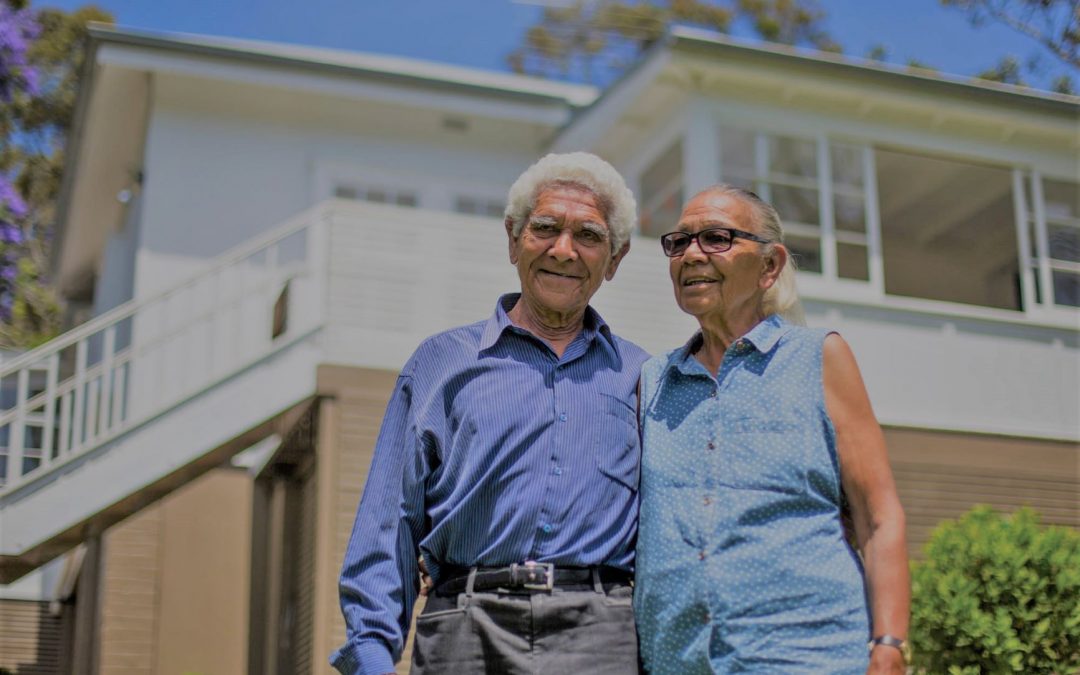Acknowledging the greater risk older people face from COVID-19, local aged care service providers are staying connected with their clients through regular telephone contact and supporting their wellbeing with ‘shop and drop’ services.
By Julie Morrow – Manager, Healthy Ageing | Brisbane North PHN
Since the beginning of the pandemic, providers have reported a steady increase in the number of Commonwealth Home Support Program (CHSP) clients declining their usual in-home social and care-related services due to infection fears.
In addition, centre and group-based aged care programs are temporarily suspended and the number of aged care assessments by Regional Assessment Service (RAS) agencies has also decreased, as older people delay seeking community based services.
Social isolation increasing
Social isolation was already a growing issue for this older cohort and, while it is necessary for people aged 70 and over to heed government recommendations to self-isolate to minimise their risk of exposure to the SARS-COV-2 virus, this can compound the risk of isolation.
According to a recent article published in The Lancet medical journal, the impact of quarantine can cause a loss of usual routine, a decrease in social and physical contact and a sense of isolation from the rest of the world. The authors found that these issues can culminate in feelings of frustration and boredom, which can cause psychological distress.
Other stressors include infection fears, financial loss, stigma and inadequate supplies. In response, older people need practical advice on coping and stress management techniques.
Aged care sector responds
Brisbane North PHN leads a local consortium of CHSP providers and peak bodies, collectively known as healthy@home, as part of the broader strategic work it undertakes to improve coordination of care.
CHSP clients generally fall into the most at-risk population groups for severe COVID-19: People over 70 years of age; those with chronic medical conditions or weakened immune systems; and people who identify as Aboriginal or Torres Strait Islander.
Aptly named ‘shop and drop’ services are one way the sector is responding. These ensure clients do not have to leave home to access sufficient healthy food and other necessary supplies to maintain good health and wellbeing.
Meanwhile, regular telephone contact is proving valuable in the quest to combat social isolation facing these clients. Centacare has mobilised its dedicated counsellors to provide support for clients who are experiencing mental health concerns at this time.
Area General Manager at Centacare Brisbane North Desley Chorlton said they are looking at a range of new ways to support clients and reduce isolation in their new circumstances, with regular check in calls, home – or even patio – visits, utilising technology for virtual visits, and ongoing domestic and personal assistance services.
Communify and Burnie Brae are introducing iPad technology using platforms such as Zoom or Facebook to continue running social group activities with their clients. They are facilitating virtual groups such as art therapy, cooking and social groups, exercise classes and knitting groups.
Communify CEO Karen Dare said clients had embraced the new online format. “We’ve been overwhelmed by how easy it was to switch to running virtual activities…
To continue reading, go to brisbanenorthphn.org.au
Contact us for more information about how our consortium supports better care in our community.

